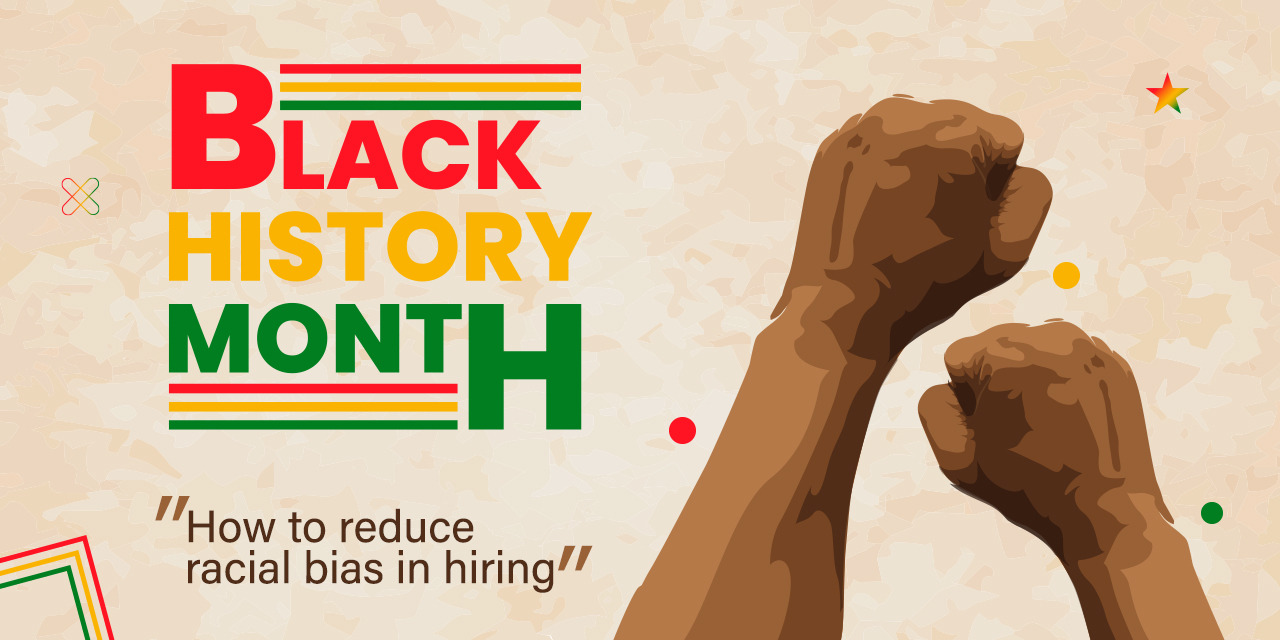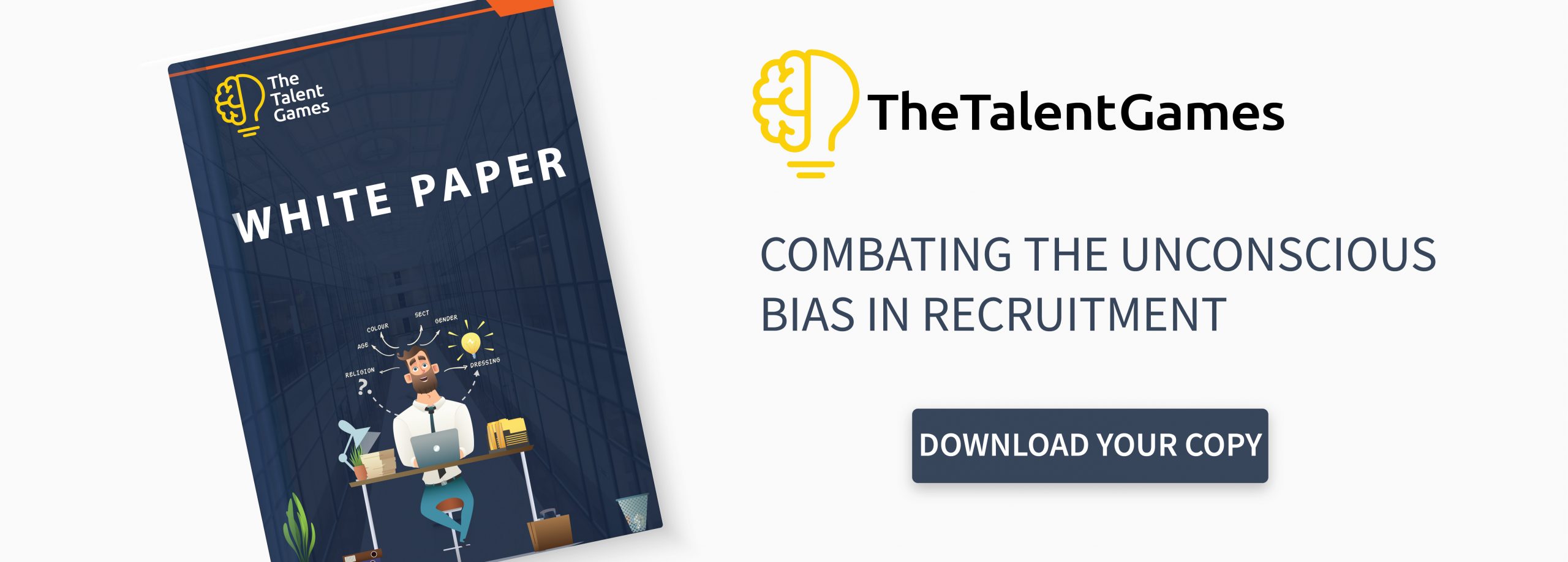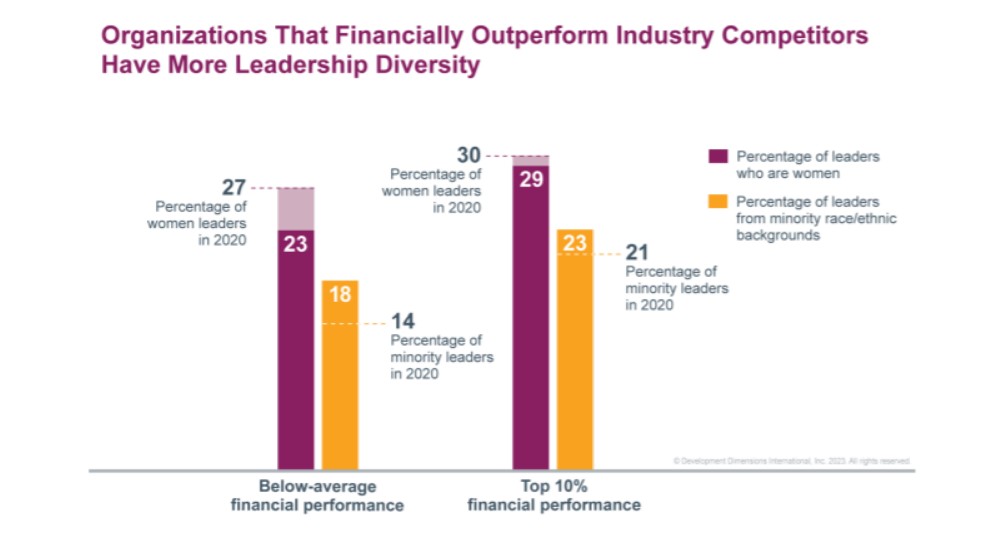Racial bias in hiring is rampant. In honor of Black History Month 2025, we shed light on the discrimination against black people in the recruitment process and the use of powerful AI-driven gamification tools to help combat it.
Discrimination against black Americans is pervasive and entrenched in the hiring process. In fact, according to Harvard Business Review, racial bias in hiring hasn’t declined in 25 years.
A study was conducted to test the level of racial discrimination in the US market. As a part of the study, researchers assigned identical résumés white-sounding or black-sounding names to observe the impact on requests for interviews from recruiters.
Results revealed that “black-sounding” names received 50% fewer callbacks than their white counterparts.
In another study, 25% of Black candidates with a “whitened” resume heard back from hiring managers compared to 10% of those who left ethnic details intact.
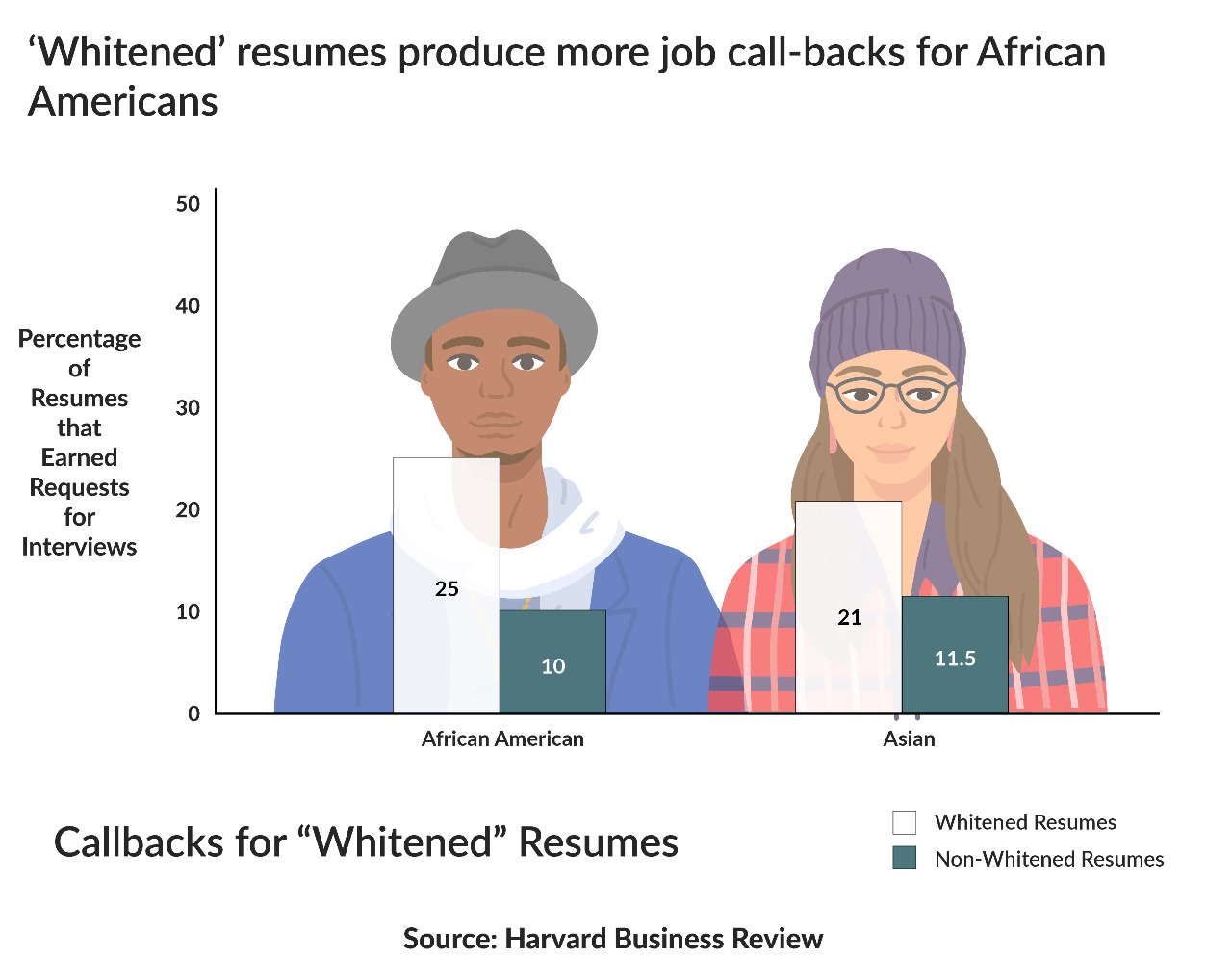
Such discrimination also occurs around the world, where more explicit ethnic cues about one’s appearance, such as photos attached to the resume, are common. There’s a preference for light-skinned applicants over dark-skinned applicants even among darker skinned recruiters.
While photos on resumes are less common in the United States, that doesn’t eliminate unconscious bias from the hiring process since 84% of organizations say they use social media to pre-screen candidates.
While the pandemic’s effects have gradually faded, its economic and social impact remains uneven. Studies show that Black and Hispanic workers continue to face greater financial instability and employment challenges compared to their white counterparts, highlighting ongoing disparities in the workforce.
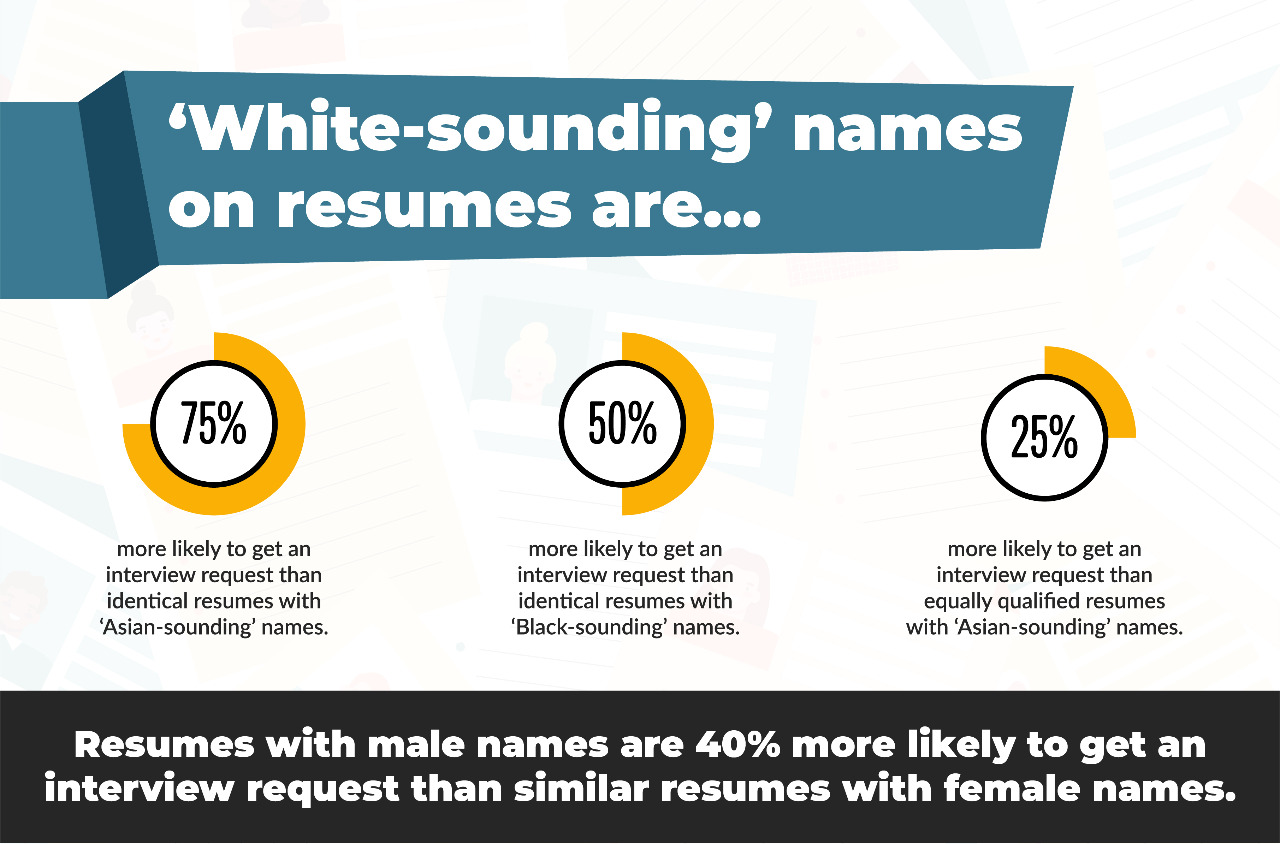
Although the current strain of the coronavirus is one that humans have never experienced before, the disparate racial impact of the virus is deeply rooted in historic and ongoing social and economic injustices.
Persistent racial disparities in health status, access to health care, wealth, employment, wages, housing, income, and poverty all contribute to greater susceptibility to the virus — both economically and physically.
Though black and brown communities share many of the experiences that make them more susceptible, there are also important differences between these communities that need to be understood in order to effectively combat the adverse economic and health effects of the virus.
Combating Racial Bias in Hiring with Gamified Assessments
Despite the significant advancements made in the area of diversity and inclusion hiring over the last few years, stereotyping and prejudice remain rampant at organizations across all industries.
It’s not surprising why finding the perfect hire can be a difficult challenge for any organization due to this reason. Whether you sift resumes or conduct interviews, unconscious creeps in without the recruiter even realizing.
Revolutionizing the recruitment industry, gamification presents a completely new approach to hiring, allowing a more efficient and effective selection process by providing accurate, unbiased and predictive candidate data.
This ultimately generates a more diverse and competent talent pool at the later recruitment stages. On the flip side, gamified assessments encourage candidates to showcase their suitability for job roles far beyond their CV, giving them the opportunity to be on the basis of talent rather than experience.
Besides, it is talent that wins out in the end. And when talent is allowed to move laterally across industries, it would help fuel innovation in ways no one could have predicted.
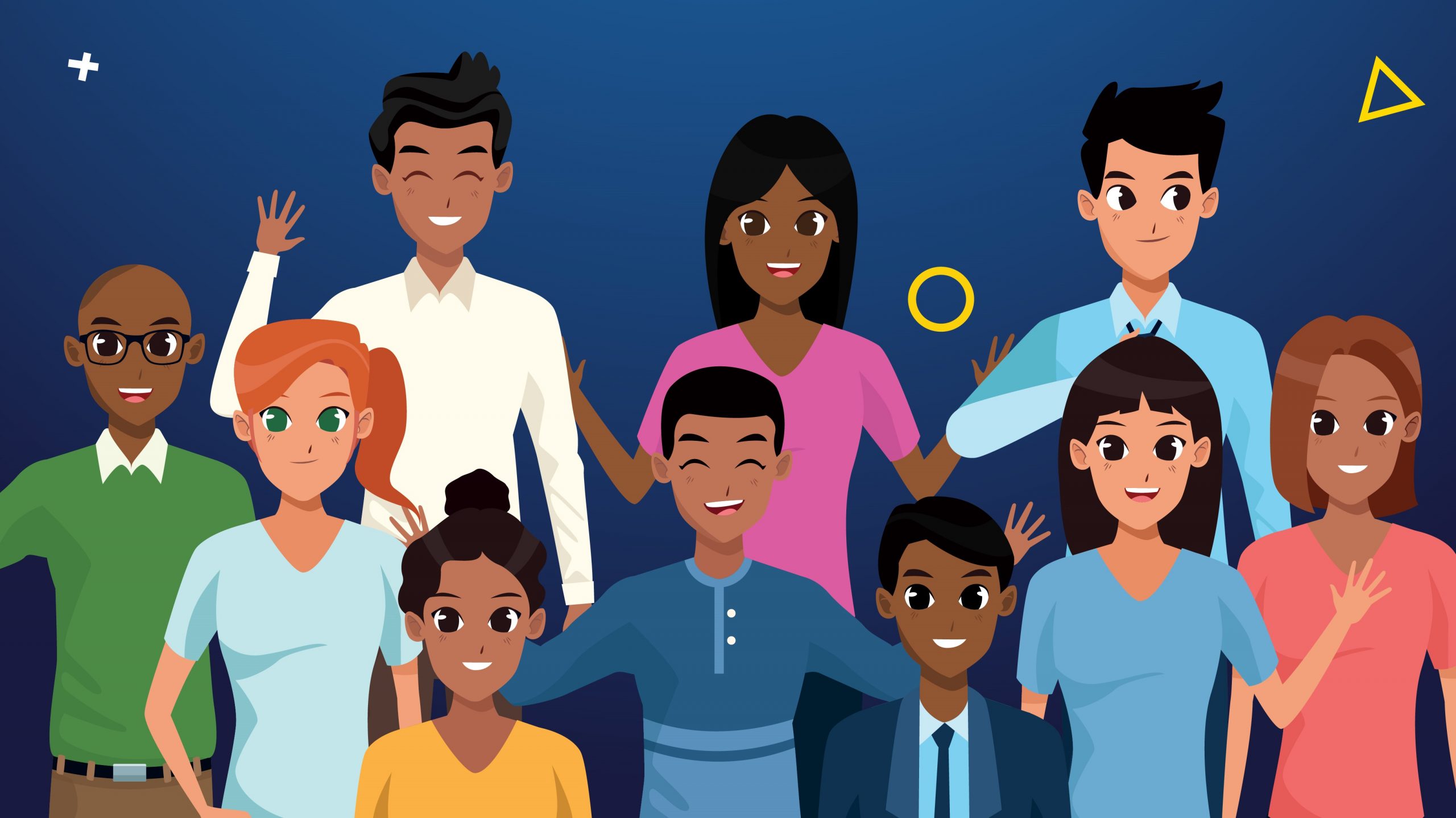
Studies by Stanford University and University of Barcelona have also found positive results of this technology, helping not only recruiters and talent acquisition managers but also addressing unconscious bias in the company through gamification as a whole.
The adoption of gamification has significantly increased since the past one decade, with games being used to assess candidate’s personality traits, cognitive abilities and problem thinking skills that could indicate how well they’ll perform in certain types of roles.
A great number of leading companies, including Nestlé, Unilever, Shell, Google, Marriott and Deloitte, have harnessed the power of gamification in their recruiting strategy in an effort to shorten screening time, increase candidate engagement, build brand awareness and reduce bias.
They’ve recognized that recruitment tools, such as AI-powered gamified assessments backed by neuroscience – enable recruiters to gain insights into their skills and potential, which may not appear on the resume. On the other hand, gamification is turning the traditional hiring process on its head, creating an inclusive, fair and more transparent candidate experience for job seekers.
